Telesat picked Amazon CEO Jeff Bezos’ Blue Origin New Glenn rocket to launch its satellites into space.
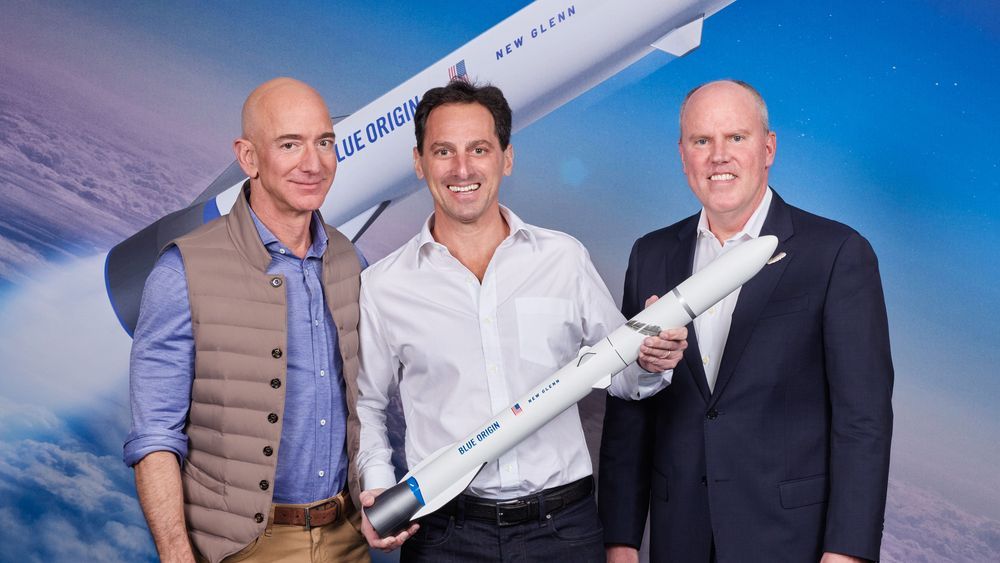

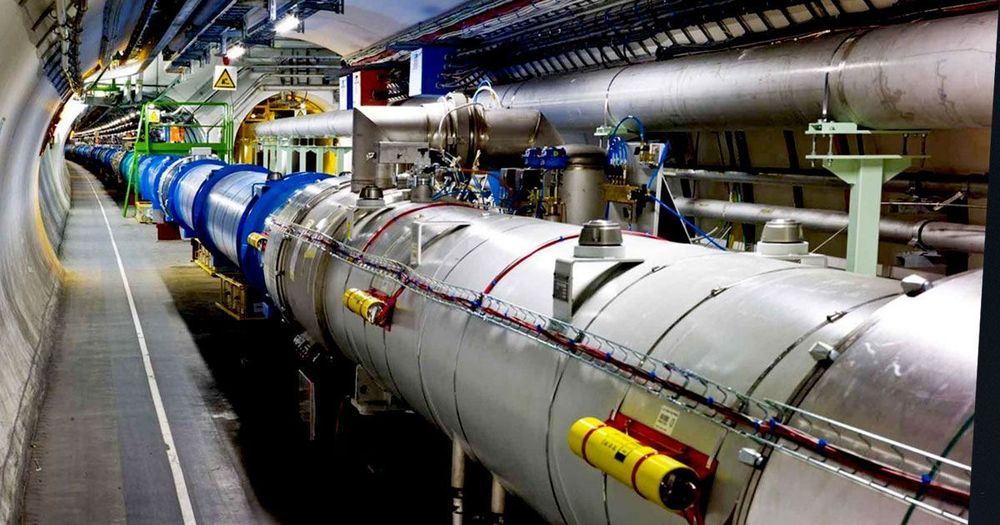

Billionaire Masayoshi Son–not Elon Musk, Jeff Bezos, or Mark Zuckerberg–has the most audacious vision for an AI-powered utopia where machines control how we live. And he’s spending hundreds of billions of dollars to realize it. Are you ready to live in Masa World?
[Illustration: Señor Salme]

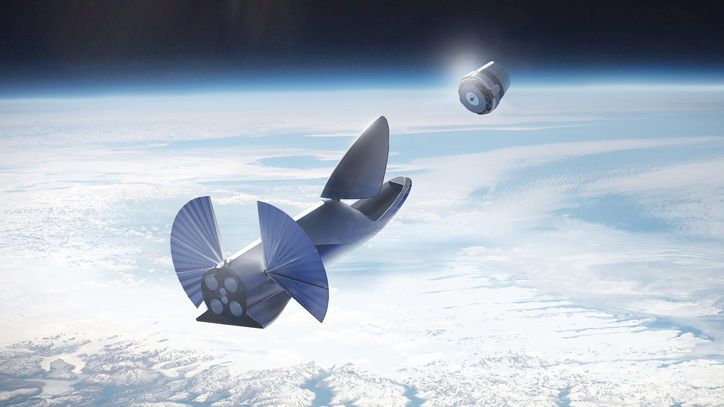
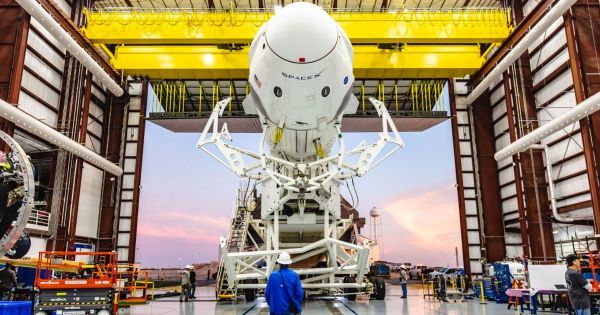
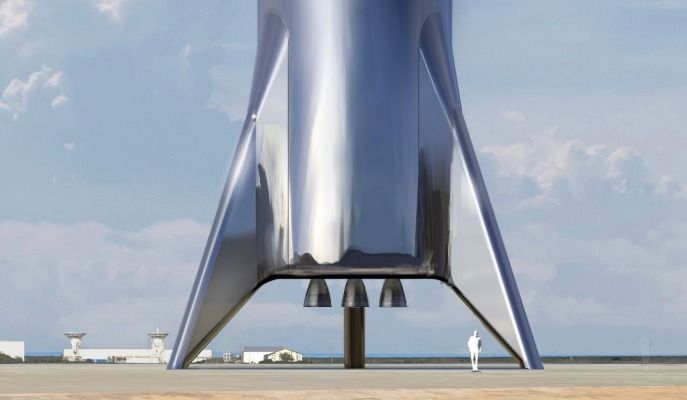
The image here come from Elon Musk and is concept art of the Starship test vehicle SpaceX is currently assembling at its Boca Chica, Texas launch facility. The real thing will be even better. This test vehicle is shorter and lacks the windows of the production ship that will eventually go into production.
Starship test vehicle under assembly will look similar to this illustration when finished. Operational Starships would obv have windows, etc. pic.twitter.com/D8AJ01mjyR

It’s true that this was a horrible year for many of the tech industry’s biggest companies. Amazon held a nationwide beauty pageant for its new headquarters, raising hopes that the company would help transform a struggling city, then picked the two places that needed it the least. Executives from Facebook, Google and Twitter got hauled before Congress to apologize for * gestures wildly in all directions*. One of Uber’s self-driving cars killed someone. And then there was Elon Musk.
But the tech sector is more than its giants.
Last year, I handed out “good tech” awards to a handful of companies, nonprofit organizations and people who used technology to help others in real, tangible ways. The goal was to shine a spotlight on a few less-heralded projects that may not get front-page headlines or billions of dollars in funding, but are actually trying to fulfill the tech industry’s stated goal of improving the world.

William Falconer-Beach has rendered some images of the SpaceX Starship with a mirror polished stainless steel body.
Elon Musk has reported that SpaceX is building the body of the Starship out of stainless steel and that it will be polished to a mirror finish.
A hopper version of the Starship should have its first test flights by April 2019. The Super Heavy should reach orbit in 2020.
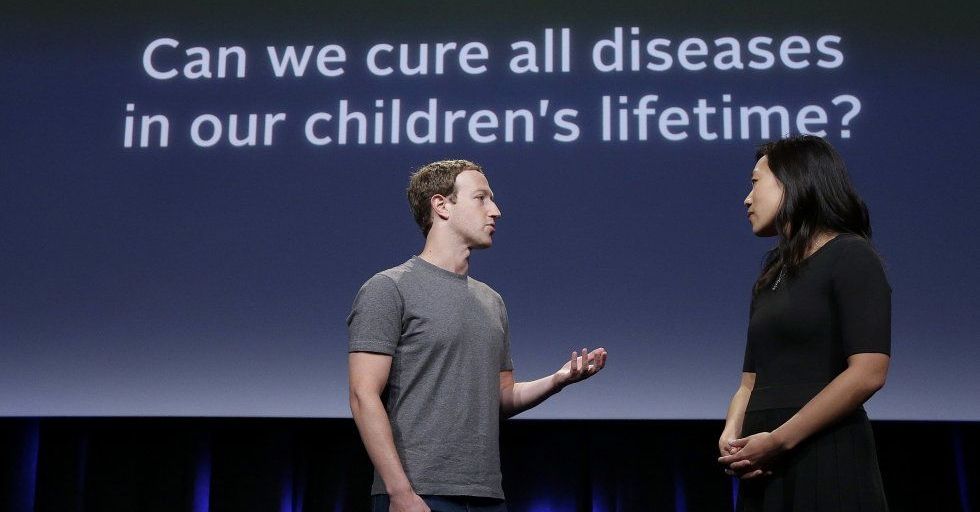
Mark Zuckerberg and his pediatrician wife Priscilla Chan have sold close to 30 million shares of Facebook to fund an ambitious biomedical research project, called the Chan Zuckerberg Initiative (CZI), with a goal of curing all disease within a generation. A less publicized component of that US$5 billion program includes work on brain-machine interfaces, devices that essentially translate thoughts into commands.
From a report: One recent project is a wireless brain implant that can record, stimulate and disrupt the movement of a monkey in real time. In a paper published in the highly cited scientific journal Nature on Monday, researchers detail a wireless brain device implanted in a primate that records, stimulates, and modifies its brain activity in real time, sensing a normal movement and stopping it immediately. Those researchers are part of the Chan Zuckerberg Biohub, a non-profit medical research group within the CZI. Scientists refer to the interference as “therapy” because it is designed to be used to treat diseases like epilepsy or Parkinson’s by stopping a seizure or other disruptive motion just as it starts.
“Our device is able to monitor the primate’s brain while it’s providing the therapy so you know exactly what’s happening,” Rikky Muller, a co-author of the new study, told Business Insider. A professor of computer science and engineering at the University of California, Berkeley, Muller is also a Biohub investigator. The applications of brain-machine interfaces are far-reaching: while some researchers focus on using them to help assist people with spinal cord injuries or other illnesses that affect movement, others aim to see them transform how everyone interacts with laptops and smartphones. Both a division at Facebook formerly called Building 8 as well as an Elon Musk-founded company called Neuralink have said they are working on the latter.